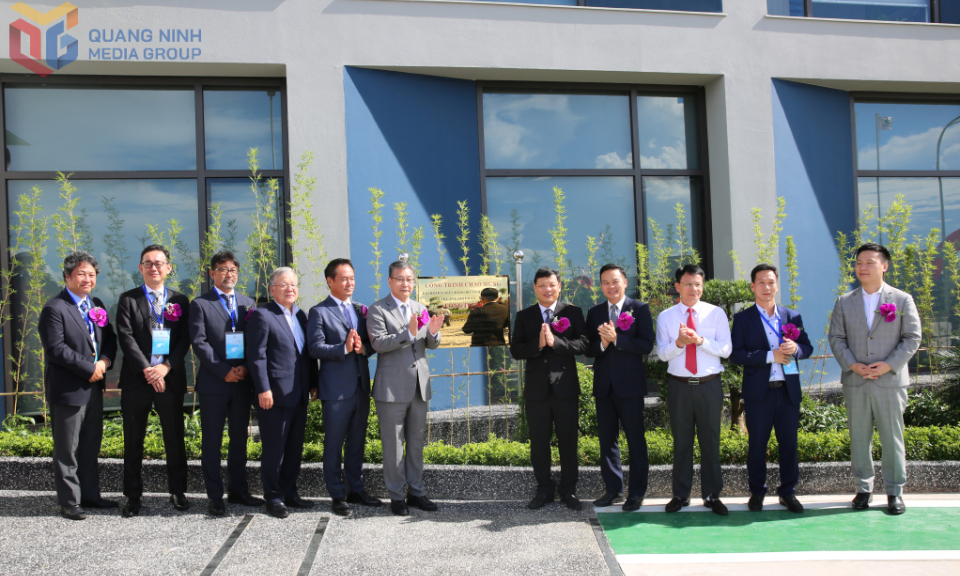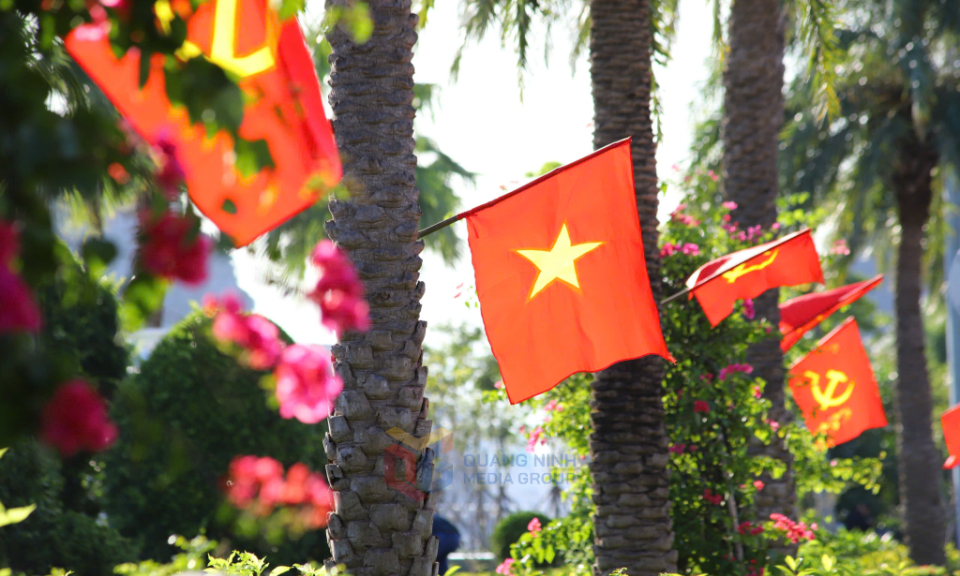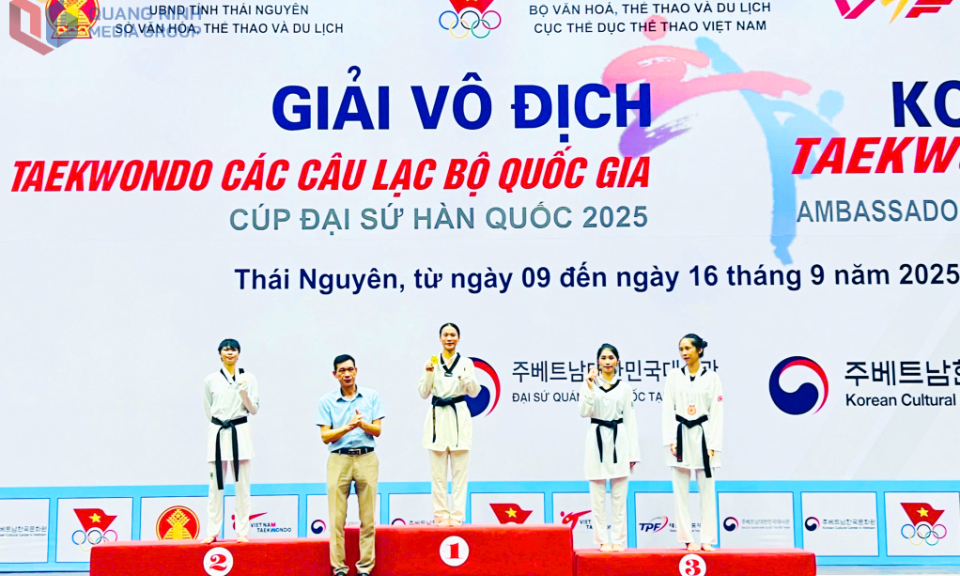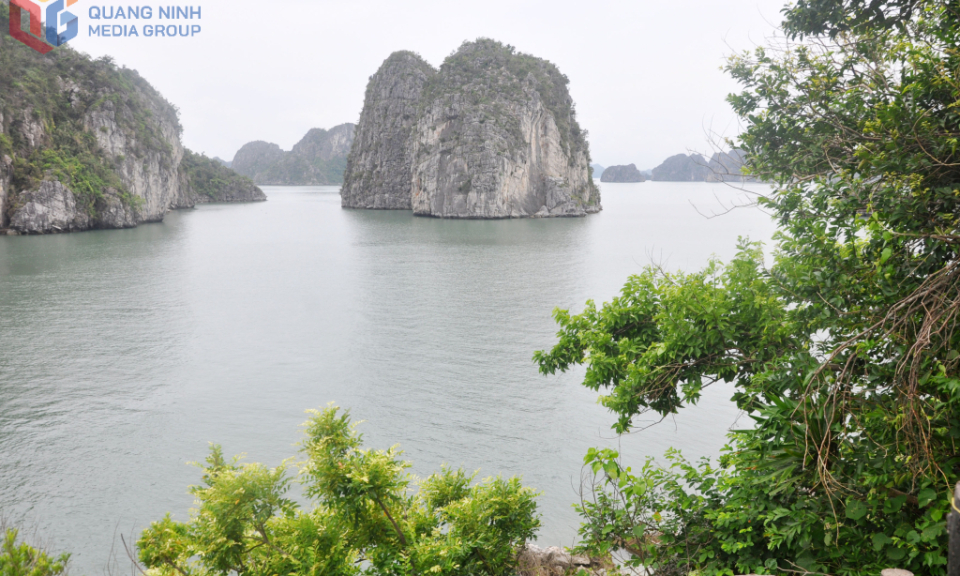New partnership frameworks – logical and natural evolution
The uprade of Viet Nam's relations with six countries in 2024 not only reflects the logical and natural evolution of the achievements of bilateral cooperation but also the aspirations for stronger cooperation for brighter future of the involved parties.
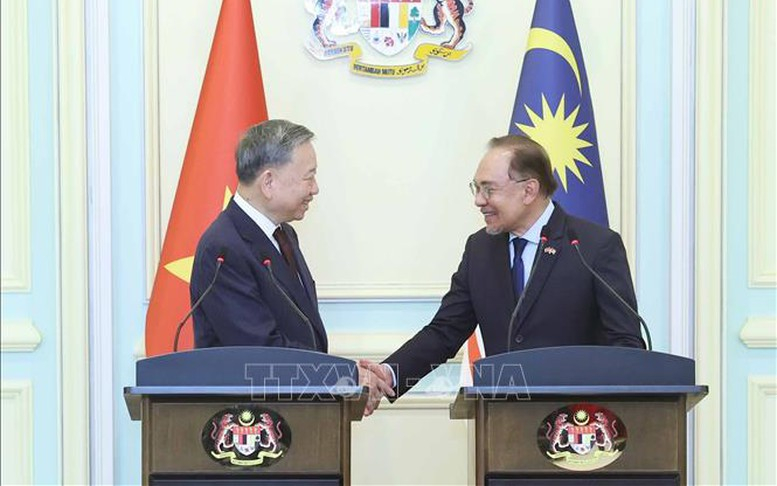
Last year, Viet Nam lifted up relations to Comprehensive Strategic Partnership with Malaysia, France and Australia, Strategic Partnership with Brazil, and Comprehensive Partnership with the United Arab Emirates and Mongolia, raising the total number of Viet Nam's comprehensive strategic, strategic, and comprehensive partners to 32.
On November 21, General Secretary To Lam and Prime Minister Anwar Ibrahim decided to upgrade the Viet Nam-Malaysia relations to a comprehensive strategic partnership, the highest level in Viet Nam's diplomatic hierarchy.
With this decision, Malaysia became the 9th nation to rise to the top of Viet Nam's diplomatic hierarchy after China, Russia, India, South Korea, the U.S., Japan, Australia, and France; and first comprehensive strategic partner of Viet Nam in Southeast Asia.
On October 7, General Secretary To Lam and President To Lam and French President Emmanuel Macron announced the upgrade of the Viet Nam-France relations to a comprehensive strategic partnership, making France the first EU country to establish such highest level of partnership with the Southeast Asian nation.
Under this new partnership framework, the two countries agreed to deepen political cooperation in the face off international challenges, strengthen defense and security cooperation, promote trade exchange and innovation, intensify cooperation for sustainable development and self-reliance, and advance people-to-people exchanges.
On March 3, Prime Minister Pham Minh Chinh Australian Prime Minister Anthony Albanese announced the elevation of the Viet Nam-Australia relations to a comprehensive strategic partnership, under which two Governments commits to continue to develop all aspects of our relationship and commit to take forward the sides' elevated partnership while respecting international law and each other's sovereignty, independence, territorial integrity and political systems.
With this new framework, both sides agreed to work together to deepen political, defense security and justice cooperation; enhance economic engagement; build knowledge and connect people; strengthen climate, environment and energy cooperation.
The two sides vowed to support science, technology, innovation and develop digital transformation; and reinforce regional and international cooperation.
On November 17, Prime Minister Pham Minh Chinh and President Luiz Inácio Lula da Silva agreed to lift up the Viet Nam-Brazil relations to the level of Strategic Partnership, the second higest in Viet Nam's diplomatic her hierarchy.
The two leaders recalled their committed target to raise bilateral trade volume to US$10 billion in 2025 and US$15 billion in 2030.
The leaders also expressed support for the reform of global governance, including the expansion of permanent and non-permanent seats of the UN Security Council; celebrated the launch of the Global Alliance against Hunger and Poverty.
They reiterated their countries' respect for international law, especially the United Nations Charter, and their support for the peaceful settlement of disputes in international relations on the basis of international law, including compliance and good faith implementation of the provisions of international law on seas and oceans, especially the 1982 United Nations Convention on the Law of the Sea (UNCLOS 1982).
On October 28, Prime Minister Pham Minh Chinh and President Sheikh Mohammed bin Zayed Al Nahyan agreed to upgrade the Viet Nam-UAE relations to a Comprehensive Partnership to meet the aspiration of the two countries' people and to contribute to peace, stability, cooperation and development in the region and the world.
The new framework reflects the stature of the relationship between Viet Nam and the UAE in the new era, with higher political trust at all levels.
It serves to expand the scale and scope of cooperation, in the direction of more comprehensive, substantial and deeper manner across the board, build and improve upon existing bilateral cooperation mechanisms, as well as continue to work on and establish new cooperation mechanisms on the basis of respect for international law, and for the independence, sovereignty and territorial integrity.
On September 30, General Secretary and President To Lam and President Ukhnaagiin Khurelsukh agreed to lift up the Viet Nam-Mongolia relations to a comprehensive partnership and to continue to boost cooperation in strengthening political cooperation, expanding national defense and security, expanding economic, trade and investment cooperation.
Both sides also agreed to promote substantial cooperation in agriculture, science, transportation, culture, sports, tourism, education, labor, environment, and social protection while strengthening regional and international cooperation.
The new partnership frameworks set up in 2024 provide more vivid evidence of Viet Nam's foreign policy consistency guided by the established principles of diversification and multilateralization.
One of the key takeaways from the new partnership frameworks is economic content as Vietnamese leaders and Malaysian and Brazilian counterparts recalled the trade goals and reiterated their commitments to strive for higher trade values.
Economic cooperation has been the corner stone of Viet Nam's Comprehensive Strategic Partnership and Strategic Partnership frameworks with all major countries and it has been gradually expanded to new fronts such as green economy, innovation, science and technology, digital transformation, green energy among others.
By deepening economic ties, Viet Nam's trade with the rest of the world has increased sharply, from around US$160 billion in 2010 to US$700 billion in 2022 and the figure is projected to reach a new record of US$800 in 2024.

